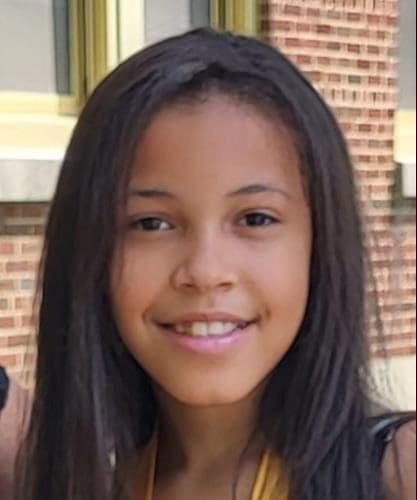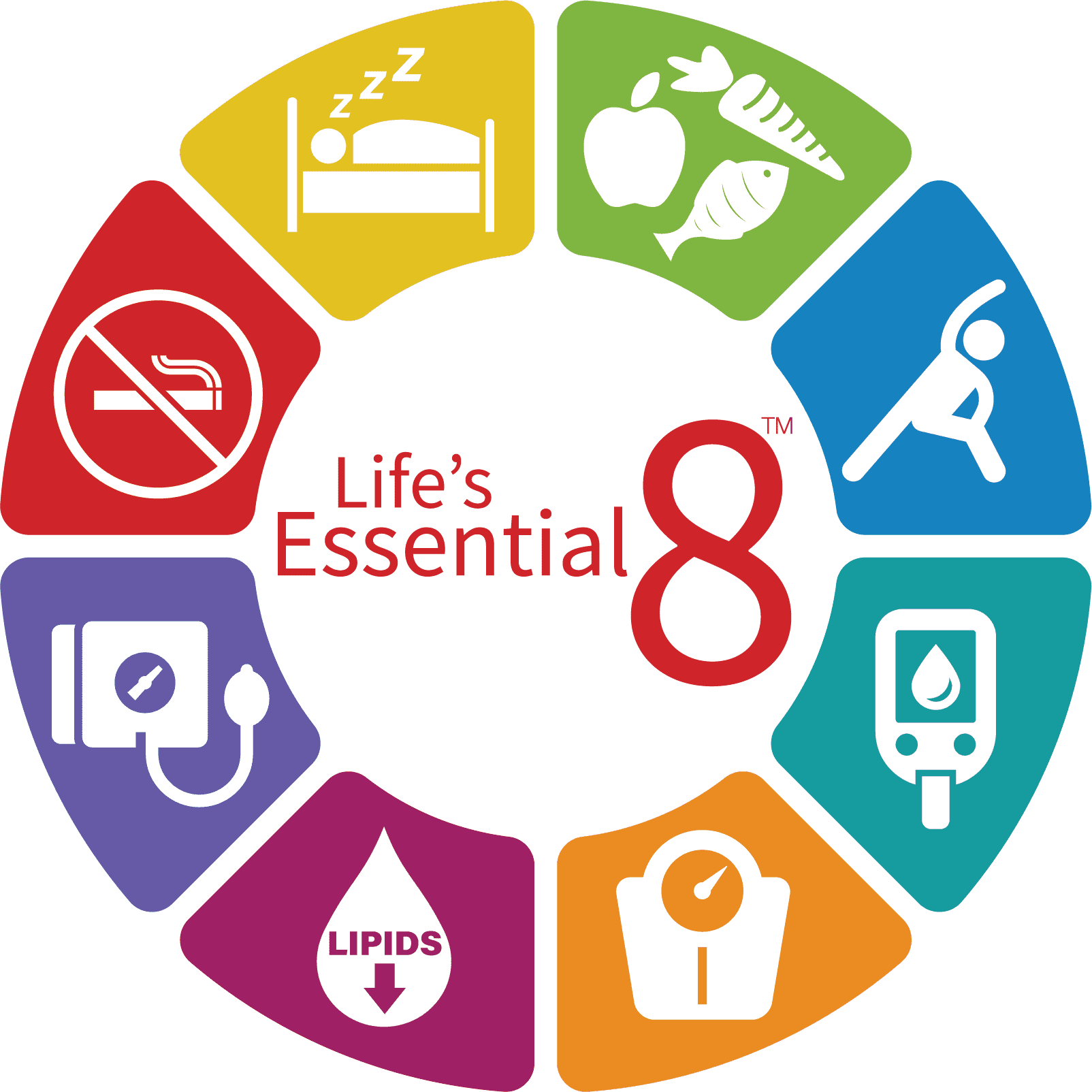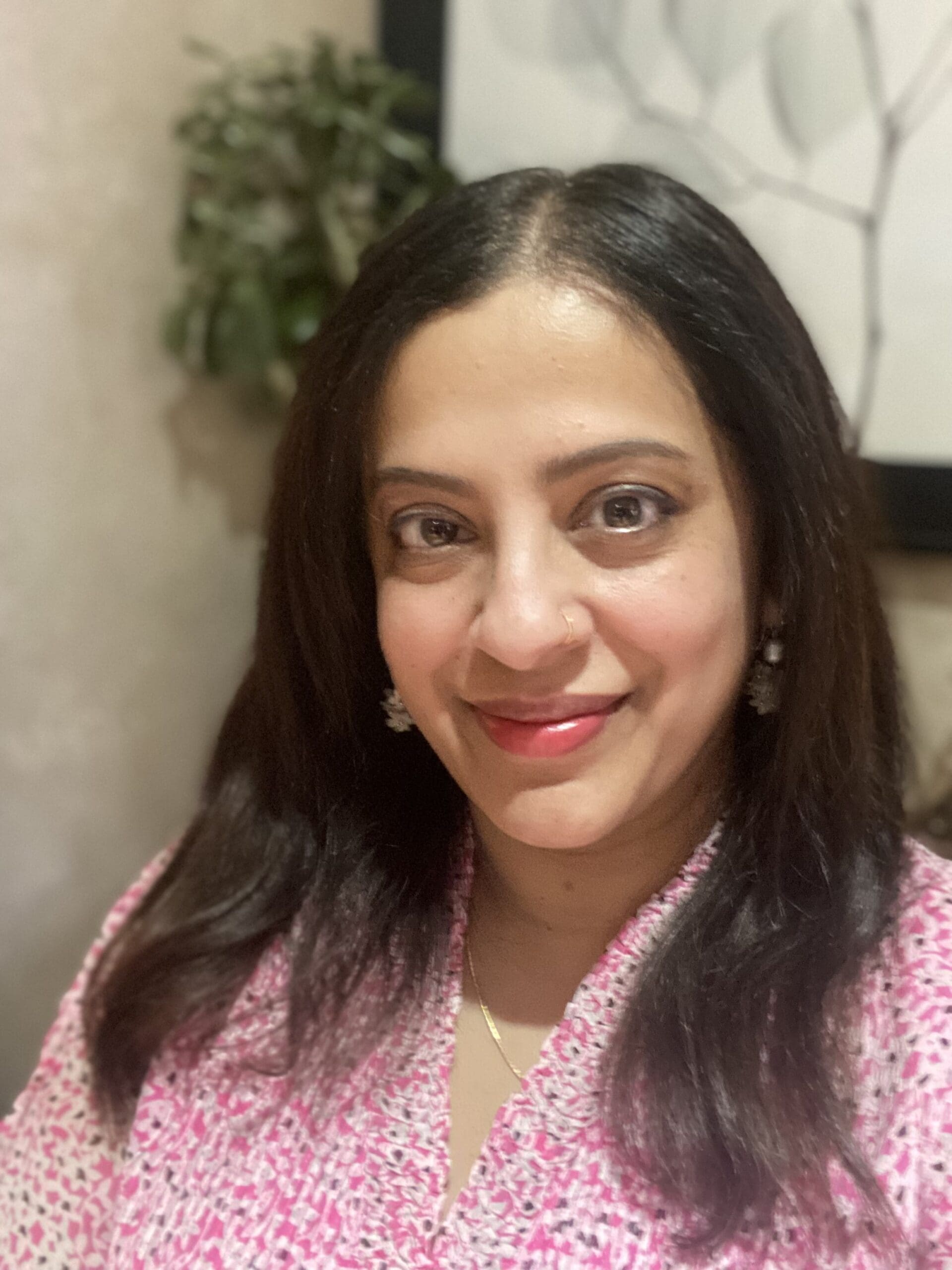By Sarah Hall
Photos by Maureen Tricase/Capture Your Moments
Bryn Lovejoy-Grinnell is often surprised at how many people she encounters who don’t realize they’re being subjected to interpersonal abuse.
“[They] came in for a divorce and they started talking and you realize, ‘What you just described is abusive,” said the family law attorney. “’I’m here for a divorce, but we’re going to need to do supervised visits because my husband has hurt my kids before.’ ‘Everything has to be in writing because my partner calls me terrible names and threatens my life.’ I was just amazed at the number people who didn’t even identify domestic violence as an issue.”
Bryn has always specialized in domestic violence cases, but now it makes up her entire caseload. Bryn started as Vera House’s in-house counsel last November.
Shifting the balance of power
Bryn’s position was created thanks to a five-year grant from New York State Office of Victim Services. While attorney John Cerando has provided pro bono services for other legal work (contracts, subpoenas, human resources work, etc.), Vera House has never had an attorney on staff to provide help to clients.
“What victim service agencies have been saying for a long time was, ‘We need money for an attorney,’” Bryn said. “’We have advocates, we have shelter. But what we really need is attorneys to represent our clients.’”
Some of Vera House’s clients do have access to attorneys — some have one provided through Hiscock Legal Aid or Assigned Counsel, while others can afford a private attorney. But many fall somewhere in between.
“[The income qualifications for an assigned attorney are] much lower than what the people [make] who can actually afford a lawyer,” Bryn said. “If you go to a lawyer’s office, they’re going to ask for $2,000 for the $5,000 as a retainer fee. Someone who’s making $30,000 a year doesn’t have that money to put it down.”
That’s where Vera House’s Legal Project comes in. They provide representation in matters of divorce, child support, spousal support, custody, visitation, Family Court Orders of Protection and campus discipline, particularly Title IX proceedings.
Clients can connect with Bryn at any point in the legal process.
“Sometimes people come in before they’ve done anything, maybe before they’ve even left,” Bryn said. “[Or] people have already filed something on their own, and then they have a court date coming up. Maybe they’ve even gone to one or two court dates and they go, ‘Wait, I need a lawyer.’”
Sometimes Bryn will consult with people once to lay out their options. But she said victims especially benefit from having an attorney.
“Victims of domestic violence in particular have usually experienced emotional abuse, verbal abuse, gaslighting, being made to think that they’re crazy,” she said. “They have believed their abusers’ lies.”
But having someone in their corner who has gone through the legal process before gives them back a sense of power.
“Having an attorney who can say, ‘I’ve been here before, and we’re going to stand up to that,’” Bryn said, “that’s pretty powerful.”
A better option
Bryn’s entire career has centered around working with victims of domestic violence. An Ithaca native, she graduated from Harvard University, then returned home to attend law school at Cornell.
“I worked with some fantastic mentors at the law school, who pushed me even more in the direction of public interest law and child advocacy,” she said.
Realizing that not many attorneys specialized in domestic violence, Bryn decided that was the path she wanted to follow. As it happened, just when she had passed the New York State Bar Exam and started looking for a job, her dream position became available: there was an opening at Hiscock Legal Aid in their dedicated domestic violence project.
“I completely lucked out and got my dream job from minute one,” Bryn said. “There was a great sense of community and a lot of cooperation and shared workload.”
After eight years, in order to broaden her skill set, Bryn spent two years in private practice, first at Melvin & Melvin, PLLC and then at Bousquet Holstein PLLC, to get more experience in higher income divorces. But the majority of her workload still focused on domestic violence cases.
That resume made her the obvious choice when Vera House received the grant from the Office of Victim Services.
“I’ve been here since November, but I’ve been representing domestic violence clients my whole law career,” Bryn said. “It’s really powerful to have someone come in and say, ‘I don’t have any options,’ and have them leave going, ‘I have a plan, there’s hope and I can do it.’”
Breaking the cycle, a little at a time
Bryn can’t help every victim on her own, however. Vera House contracts with a list of attorneys who also provide representation to clients. But she’s also working to help lawyers and law students better understand domestic violence.
“There’s unfortunately a number of attorneys in our community who will still say things like, ‘Why didn’t she leave?’ ‘What’s wrong with her?’’” she said. “These things are victim-blaming and don’t evince a real understanding of the dynamics of domestic violence.”
In May, Vera House hosted a training for attorneys on trauma-informed legal work. Sixty lawyers attended — a full house. Bryn said the organization will host another in November, which she hopes will bring in other community members, as well.
“If we could have a community of lawyers who all responded to people with trauma in a sensitive and thoughtful manner, it would be amazing,” she said.
And, obviously, Vera House works with more that just lawyers.
“Our prevention classes are trying to talk to even with little kids — you deserve to be safe,” Bryn said. “And we’re hoping for a world free of violence and abuse. That’s what we’re working toward every day.”
Will we ever get there?
“I hope so,” she said. “I’ve had the experience of working with women who said, ‘Every relationship that I’ve ever known was abusive. Every woman I’ve known has been hurt by her male partners, and I’m going to show my kids something different.’ That’s real change, and that’s how you break that cycle.”
Vera House’s 24-hour crisis line is (315) 468-3260. If you need an attorney, contact the Legal Project at (315) 425-0818 or email legal@verahouse.org.
Save the date!
30th annual Report to the Community on Domestic and Sexual Violence
When: 5:30 p.m. Wednesday, Oct. 2
Where: Everson Museum, 401 Harrison St., Syracuse
Free and open to the public.
For more information, contact Hannah Fuller at (315) 425-0818 ext. 2271 or hfuller@verahouse.org.





